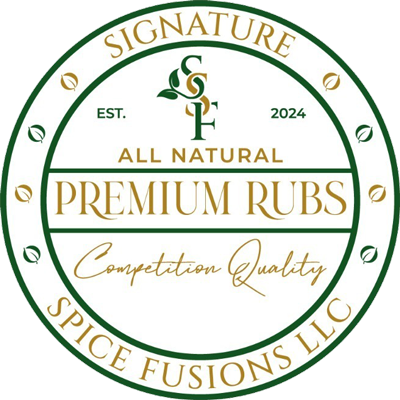“That dried sawdust they sell in the cute lile cans at the supermarket? You can throw that, along with the spice rack, right in the garbage,”
– Anthony Bourdain (Referring to store bought spices)
Spice quality matters because it directly impacts the flavor of your dish, with high-quality spices delivering a richer, more complex taste compared to low-quality ones which can be dull or even contain unwanted impurities that alter the intended flavor profile; essentially, using good spices elevates the culinary experience by providing a more nuanced and authentic taste.
Key reasons why spice quality matters:
• Flavor Intensity:
Fresh, high-quality spices have a stronger, more vibrant aroma and flavor compared to old or poorly stored spices that may have lost their potency.
• Adulteration Concerns:
Low-quality spices can be mixed with fillers like rice flour or even harmful substances to increase bulk, resulting in a diluted flavor and potential health risks.
• Authenticity:
Choosing the right origin and variety of spice can significantly impact the final taste, ensuring a true representation of the desired culinary style.
• Health Considerations:
High-quality spices are less likely to contain contaminants like mold, bacteria, or pesticides, promoting food safety.
How to identify quality spices:
• Visual Inspection:
Look for whole, even-sized spices with vibrant colors and no visible debris.
• Aroma Test:
Smell the spice before buying; a strong, distinct aroma indicates freshness.
• Source Check:
Choose reputable vendors who prioritize quality and sourcing. (Signature Spice Fusions!)
Scott Mittelsteadt
Founder


